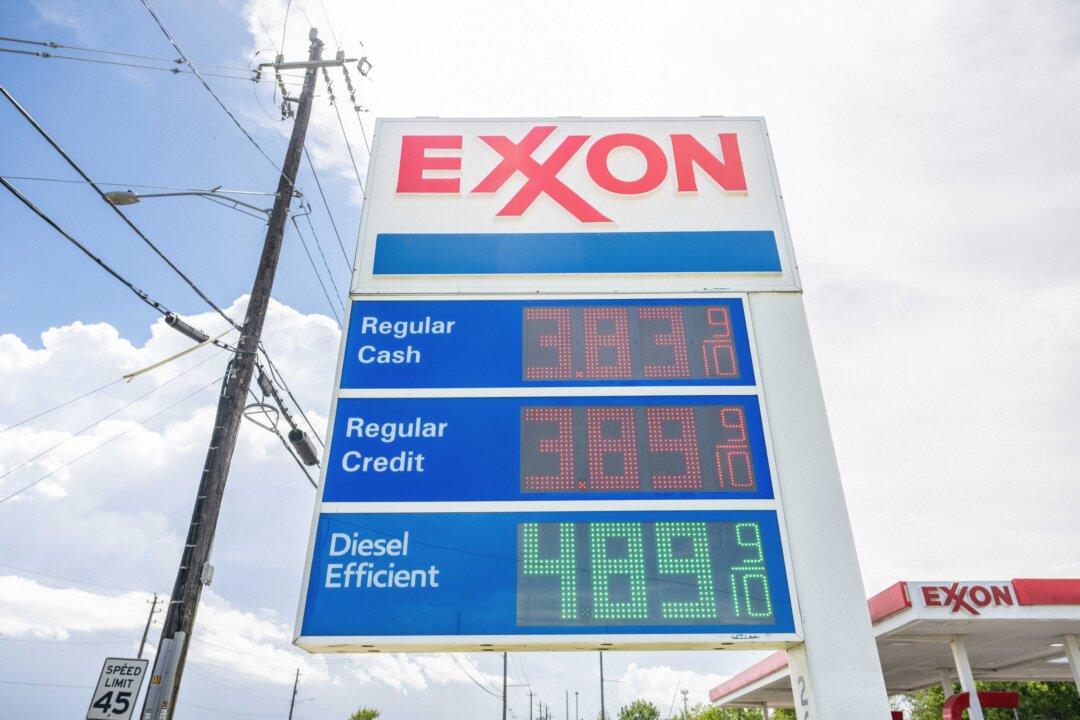The price of gasoline fell for a seventh consecutive week, providing Americans with some relief at the pump, but experts have warned that prices could rise above $5 again this summer amid fears of a recession.
According to the American Automobile Association (AAA), the national average for a gallon of gas fell on Aug. 1 to $4.21, down 14 cents since the week before.




